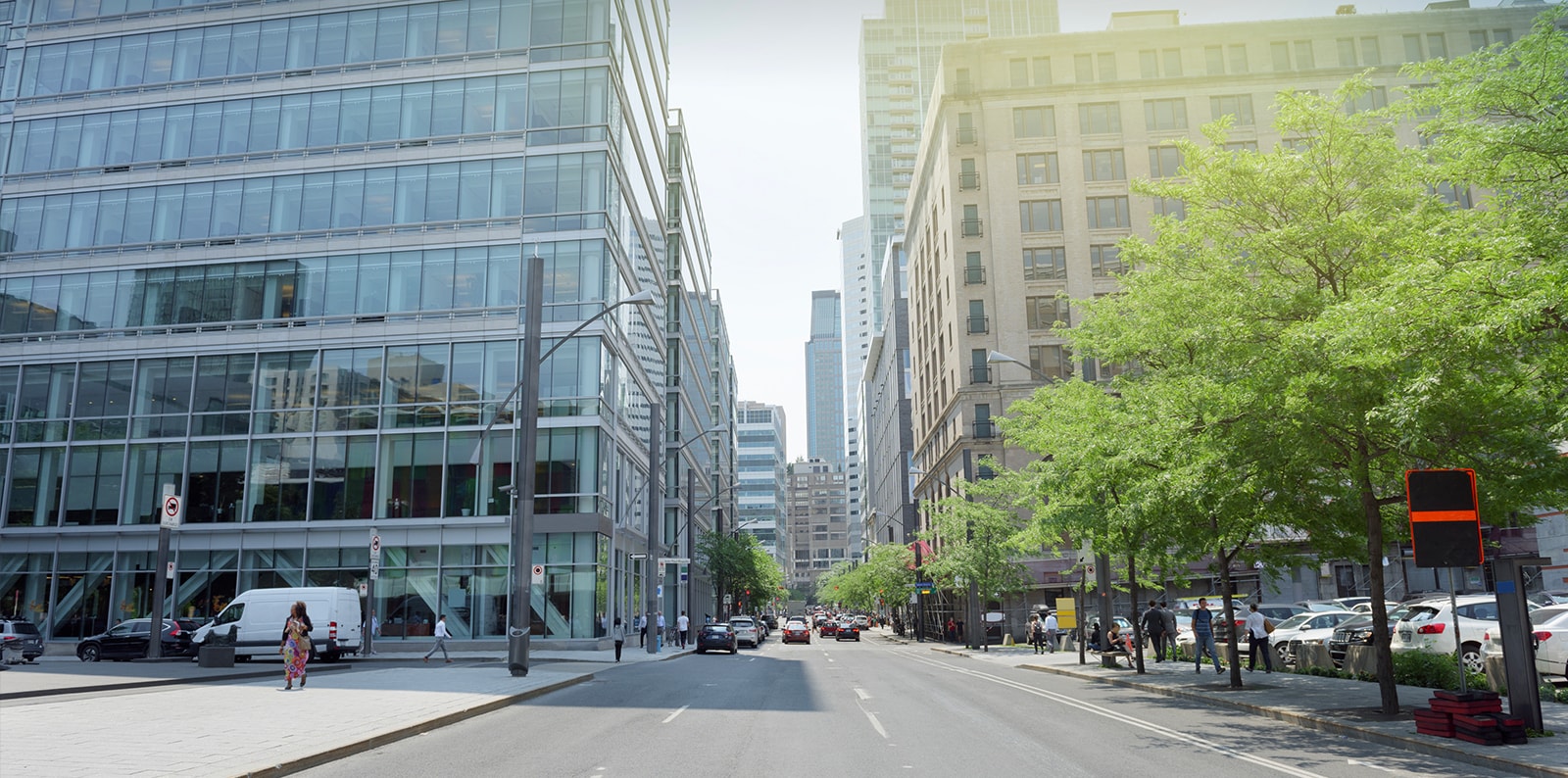Recent forecast by the Association des professionnels de la construction et de l’habitation du Québec (APCHQ), it’s clear that the housing construction sector is facing a challenging period. The APCHQ anticipates that housing starts will be insufficient to meet the rising demand over the next two years. With projections of 44,000 housing starts in 2024 and 50,000 in 2025, these figures represent increases of 13% and 14%, respectively.
However, according to Paul Cardinal, the director of economic service at APCHQ, this recovery in residential construction will still fall short of the growing demand. The emphasis in urban centers is expected to be on rental housing, with about 70% of constructions aimed at this sector. Given that a significant portion of new construction in urban centers is expected to be rental housing, investors in multi-family properties might find a robust tenant market. However, the pressure to keep rents affordable may be a factor to consider.
To address affordability, the APCHQ estimates that construction starts would need to triple by 2030. Moreover, after a record $20.8 billion spent on renovations in Quebec in 2022, a decline of 23% is anticipated in 2023, though a recovery is expected in the following years, partly due to lower interest rates. With that anticipation of recovering activities due to lower interest rates, financing costs for acquiring or developing multi-family properties could become more favorable, positively impacting investment returns.
Investment opportunities may vary by region, with urban areas like Montreal possibly presenting different dynamics compared to other parts of Quebec, due to specific local initiatives and development projects.
Shifting focus to Montreal, the city has announced a new initiative to address the housing crisis. The city is seeking a developer to construct up to 700 social and affordable housing units on the site of the abandoned Îlot Voyageur Sud bus terminus in downtown Montreal. This site has remained vacant for years, but the city, under the leadership of Benoit Dorais, vice-president of Montreal’s executive committee, is committed to transforming it into a hub for affordable living.
The project aligns with Montreal’s broader strategy to tackle rising rents and promote social housing. The city acquired the property in 2018 and is now offering it to developers at a fraction of its market value to expedite development. The site’s prime location near the Berri-UQAM Metro station and other key facilities makes it an attractive proposition for developers. The city envisions a mixed-use development with commercial spaces on the ground floor and residences above, emphasizing the importance of balancing commercial viability with the development of affordable housing. However, there has been criticism from the opposition at city hall, particularly regarding the absence of housing specifically targeted at students.
For commercial real estate investors and professionals, these developments highlight several key points. Firstly, the predicted shortfall in housing construction suggests that demand will continue to outpace supply, potentially leading to higher prices and rents in the short to medium term.
This could represent an opportunity for investors, particularly in the rental market. Secondly, the initiative in Montreal signals a growing trend towards mixed-use developments that combine commercial and residential spaces, with a focus on affordability. Such projects could offer new investment avenues and require a nuanced understanding of the interplay between commercial viability and social responsibility.
However, these trends also pose challenges. The forecasted decline in renovation spending suggests a cooling in certain segments of the market, and the focus on affordable housing may pressure profit margins for some developments. Investors and professionals will need to navigate these dynamics carefully, balancing potential returns with the evolving demands of the market and society.
While the focus on affordable housing and the regulatory environment in Montreal presents certain challenges, there are also opportunities for investors, particularly in the multi-family sector. The key is to carefully evaluate each investment, considering the balance between social responsibility, regulatory compliance, and financial return.
What are your thoughts on these developments, and how do you see them impacting your investment or professional strategies in commercial real estate? Share your insights and let’s discuss how we can navigate these evolving market conditions together.


